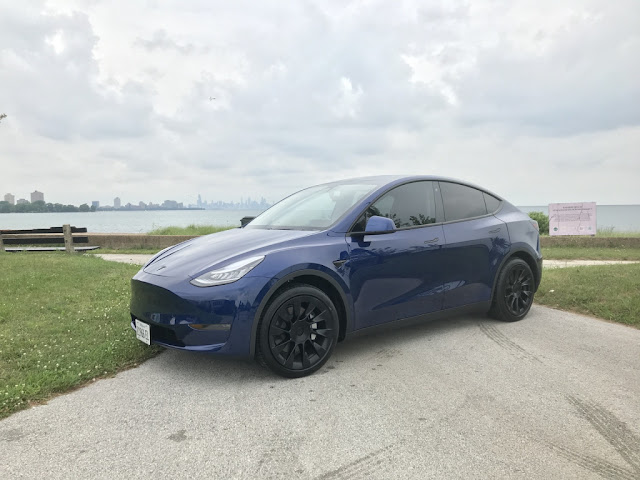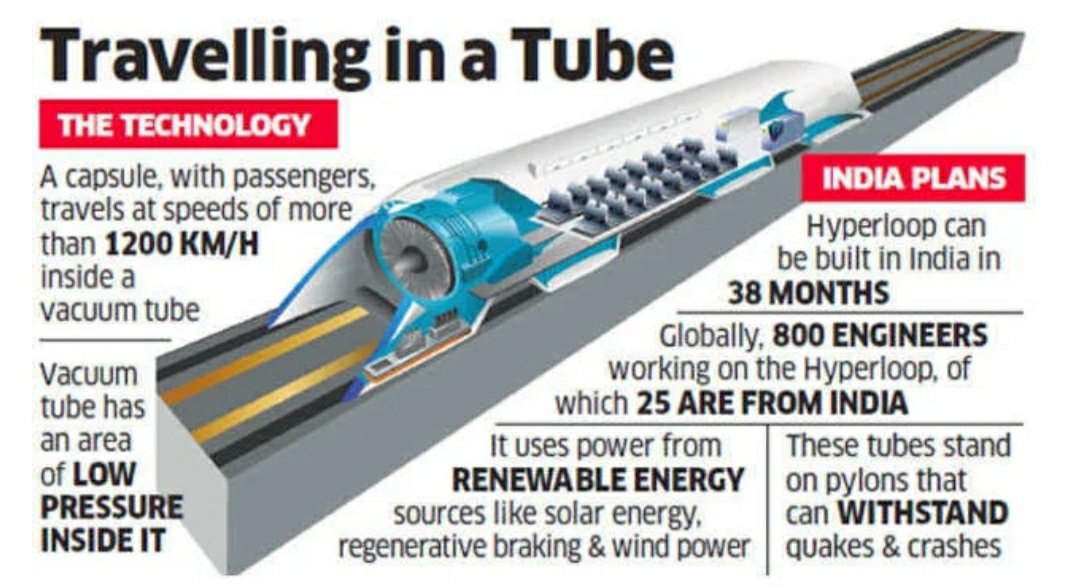Panasonic Cells For Tesla will Boost 20% Energy
- Get link
- X
- Other Apps
Panasonic Cells For Tesla will Boost 20% Energy
Panasonic plans to give battery cells for Tesla electric cars a 20% boost in energy density in five years, REUTERS reported Thursday.
That timeframe could potentially line both the Tesla Model 3 and Model Y for a boost in range, performance, or both at that time.
Tesla could at that time choose to make packs smaller and lighter with the same power. That could save the company money and vehicle weight—thus boosting performance—and might allow the cells to be used in other products.
Tesla and Panasonic recently renewed their long-term supply agreement, inking a three-year battery-pricing deal.
TOKYO -- Panasonic plans to boost the energy density of the battery cells it supplies to Tesla by 20 percent in five years and commercialize a cobalt-free version "in two to three years," the head of its U.S. EV battery business said.The battery market is highly competitive, and the first with batteries packing higher energy density and cobalt-free designs stands to make significant gains in the market. The higher the energy density of the battery, the further the electric vehicle can drive per charge. More energy density also means smartphones and electronic devices can run longer. Alternatively, more energy density could mean smaller batteries for the same runtime leading to their devices and lighter vehicles.
Panasonic also reportedly plans to commercialize a cobalt-free
battery chemistry in two to three years, addressing human-rights
concerns over the mining of the material. Working conditions in the
Democratic Republic of Congo have drawn criticism, and Tesla CEO Elon
Musk previously said he wanted to eliminate cobalt from Tesla batteries.Researchers say it already has the highest energy density at above 700 watt-hour per liter.
With an even higher density, these cells could help increase how much an
EV can run on a single charge, while also paving the way for smaller
batteries and roomier car interiors.
A cobalt-free version, on the other hand, would cut reliance on a costly
and controversial component, which makes batteries stable but poses
ethical issues given controversial labor conditions in the Democratic
Republic of Congo, the top producer of the material.
Tesla CEO Elon Musk has long said he wants to move to zero-cobalt battery cells.
Panasonic has already cut cobalt content to less than 5 percent in the
NCA cathode and plans to improve its batteries in stages, its U.S. EV
battery chief Yasuaki Takamoto told Reuters.
But the company has declined to link its battery roadmap to Tesla's future models.
Panasonic recently lost its status as Tesla's exclusive battery
supplier. The U.S. firm has partnered with South Korea's LG Chem and
China's CATL.\
The Panasonic 2170 lithium-ion battery cells are currently made with nickel-cobalt-aluminum (NCA) cathode chemistry and launched for the Model 3 in 2017. That particular battery already has the highest energy density available at above 700 watt-hour per liter. Another major reason for the push to eliminate cobalt, aside from cost, is that there are ethical issues with the production of cobalt in the Democratic Republic of Congo, which is the largest producer of the material in the world.
Tesla CEO Elon Musk has stated in the past that he wants to move to zero-cobalt battery cells. Currently, Panasonic’s NCA cathode uses less than 5% cobalt in its construction. While Panasonic wants the batteries specifically for Tesla, it hasn’t linked the battery production to a specific Tesla model.
CATL is supplying Tesla with low-cost lithium iron phosphate batteries that contain no cobalt.
According to Takamoto, the average density of LFP battery cells is less
than half the level of Panasonic's latest NCA batteries. He did not name
any companies.
2170 cells
Panasonic has already developed technologies resulting in a more than 5 percent increase in the energy density of 2170 cells.
Starting in September, the supplier will begin converting lines at its
factory in Nevada that it operates with Tesla as it prepares to further
boost the energy density of the cells, Takamoto said.
To control safety risks associated with higher density and less cobalt,
Panasonic is adjusting the composition and design for better thermal
stability, Takamoto said.
He also noted there will be various battery requirements coming into play as EV usage diversifies.
Musk has promised to reveal significant battery advances during a Battery Day presentation scheduled for Sept 22.
Tesla plans to introduce an EV battery that will last 1 million miles
later this year or early next, which it jointly developed with CATL.
Has also announced that it intends to commercialize a cobalt-free battery for the next 2 to 3 years. Eliminating cobalt from batteries will make them cheaper, as cobalt is the most expensive material in the battery. While the upgrades are still many years away, Panasonic’s promise does mark the first time that a major battery maker has outlined this type of goal.
THANKS FOR READING OUR BLOG
FOR MORE STAY TUNED WITH US
SIGNING OFF BYE✋
- Get link
- X
- Other Apps






Comments
Post a Comment
Do comment your queries !
And please do not comment any spam links here.